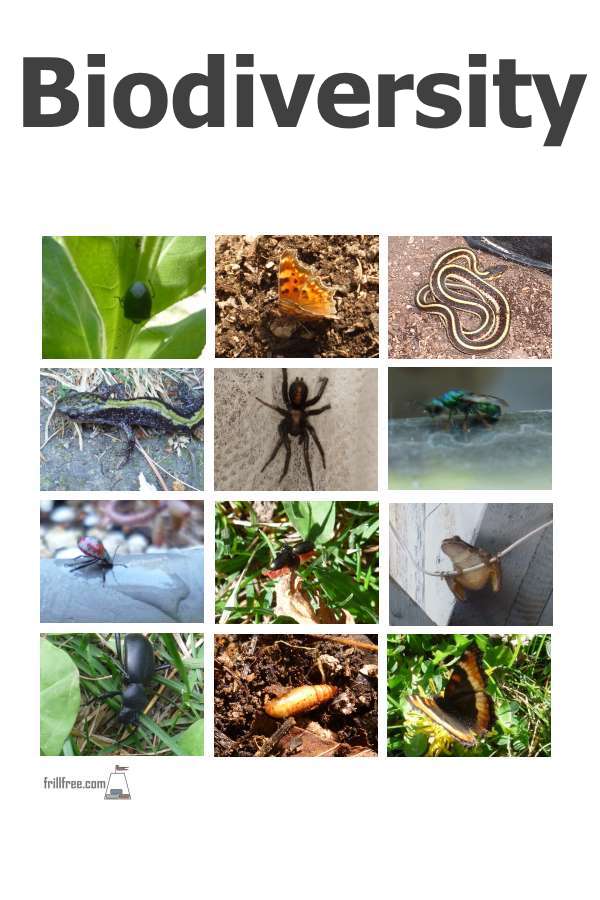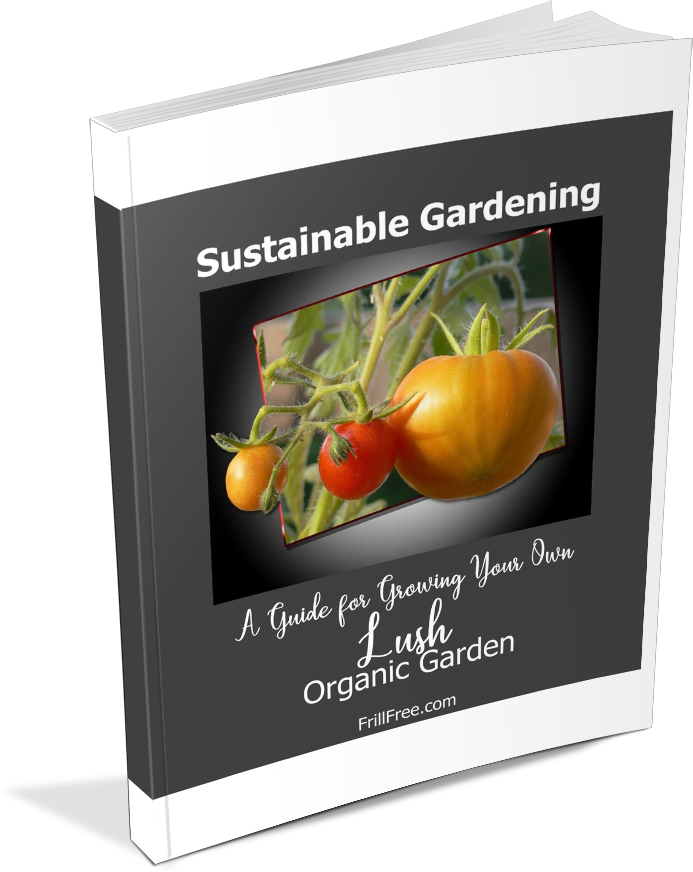- Homesteading
- Poison Free Gardening
- Bio-diversity
Biodiversity
The Intricate Web of Life in an Organic Garden
Bio-diversity is more than simply avoiding mono-cropping. It is a system of actively seeking to combine as many life forces as possible into an area.
This means soil life, insects, plant combinations and wildlife, including birds.
The benefits of a system that encourages bio-diversity are far reaching.
The sheer variety of life forms means there will always be at least one predator for any given pest, and with as wide a genetic base as possible, plants will always be able to fight off insect pest attacks or diseases.
Providing soil microflora and fauna with many diverse types of organic matter will ensure their health and abundance, making more nutrients available to the plants in your garden as the organic matter breaks down.
Each ecosystem will balance itself out, if we just get out of the way. Before you get out the can of bug spray, think carefully of its long reaching effects.
Even so called ‘organic’ pesticides can and will kill beneficial life, so use them wisely. Simply because they say organic on the label doesn’t mean they are safe. Research more information about before deciding on wholesale chemical spraying.
The commonly used Bacillus thuringiensis, or BT, used as an organic killer of green caterpillars on cabbages, will also kill caterpillars of desirable butterflies as well. Wide spectrum insecticides don’t differentiate between ‘good’ and ‘bad’ insects.
Encouraging bio-diversity is a simple matter. Choose plants from many groups, and only those that will grow well in your conditions. Push the envelope, sure, but expect any pests in the area to be drawn to stressed out plants that you want to try.
Adding organic matter and properly made compost to your soil will give all plants the best chance at fighting off pests. It’s been proven that healthy, well fed plants can repel insects, while those right next to them that have been grown in less nutrient rich soil will succumb.
Make your garden attractive to birds, reptiles and other wildlife by leaving a brushy area, planting a nectar corridor or wildflowers, or simply by not tidying up too much.
Allow some damage from pests; always remember that pests are a food source, and sometimes their predators take a while to find them. You can be sure that the predators will take care of them for you – maybe not as quickly, but it will be much cleaner and safer for the environment.
Your ecosystem is a dynamic work in progress. You’ll see something new in your diverse habitat every day, and that’s how Mother Nature likes it.
















